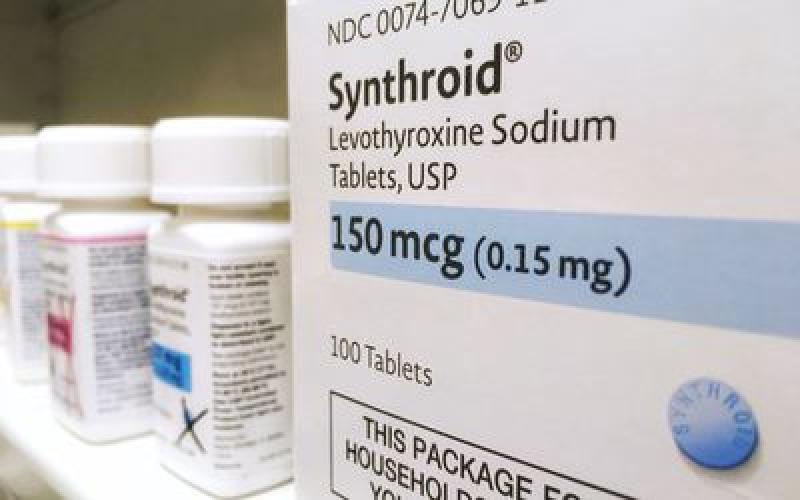Is Synthroid better than generic?
Synthroid is a brand-name medication for levothyroxine, a synthetic form of the thyroid hormone thyroxine. The generic form of levothyroxine is available under various names. The question of whether Synthroid is better than its generic counterparts depends on various factors:
Active Ingredient: Both Synthroid and generic levothyroxine contain the same active ingredient, which is synthetic thyroxine. They aim to treat hypothyroidism by supplementing the thyroid hormone.
Regulation and Standards: Generic medications are required to meet the same quality, strength, purity, and stability standards as the brand-name versions. Regulatory agencies ensure that generic medications are bioequivalent to their brand-name counterparts.
Inactive Ingredients: While the active ingredient is the same, the inactive ingredients might differ between Synthroid and its generic versions. Some individuals may be sensitive to certain fillers or dyes present in generic formulations.
Consistency and Brand Loyalty: Some people might prefer the consistency or familiarity of a brand-name medication like Synthroid due to their experiences or doctor recommendations.
Cost: Generics tend to be more cost-effective than brand-name medications. Insurance coverage or out-of-pocket expenses might influence a person's choice between brand-name and generic versions.
For many individuals, generic levothyroxine works just as effectively as Synthroid. However, due to variations in formulation and individual responses, some people might prefer one over the other based on personal experience or specific medical reasons.
It's important to discuss with a healthcare provider or pharmacist when considering switching between Synthroid and its generic versions. They can provide guidance based on individual health needs, potential interactions, and considerations regarding the specific formulation of the medication.
- Brand-Name vs. Generic Drugs:
Choosing between brand-name and generic drugs can be a confusing decision for many patients. Understanding the regulatory equivalence and bioequivalence of these drugs is crucial for making informed choices.
Regulatory Equivalence:
The FDA (Food and Drug Administration) ensures that all drugs, both brand-name and generic, meet the same rigorous standards for safety, efficacy, and quality. Generic drugs must go through the same approval process as brand-name drugs, demonstrating that they contain the same active ingredients, dosage form, and route of administration.
Bioequivalence:
Bioequivalence studies compare the bioavailability of generic drugs to their brand-name counterparts. Bioavailability refers to the rate and extent to which a drug is absorbed into the bloodstream and exerts its therapeutic effect. Generic drugs must demonstrate bioequivalence to the brand-name drug, ensuring that they deliver the same amount of the active ingredient into the bloodstream at the same rate.
- Cost-Effectiveness of Generic Levothyroxine:
Levothyroxine, a medication used to treat hypothyroidism, is available in both brand-name (Synthroid) and generic forms. Generic levothyroxine has been shown to be as safe and effective as Synthroid, yet it comes at a significantly lower cost.
A study published in the Journal of the American Medical Association found that generic levothyroxine was associated with a 70% reduction in annual drug costs compared to Synthroid. This substantial savings can significantly impact patients' overall healthcare expenses.
- Consulting a Healthcare Provider:
Despite the regulatory equivalence and bioequivalence of generic drugs, some patients may have concerns about switching from a brand-name medication they have been taking for a long time. It is always advisable to consult with a healthcare provider before making any changes to your medication regimen.
A healthcare provider can assess your individual needs, preferences, and medical history to determine if switching to generic levothyroxine is appropriate for you. They can also address any concerns you may have and provide ongoing monitoring to ensure that your thyroid hormone levels remain stable.
In conclusion, generic drugs offer a safe, effective, and cost-effective alternative to brand-name drugs. When considering levothyroxine, generic forms are a viable option that can significantly reduce healthcare costs without compromising treatment outcomes. Consult with your healthcare provider to make an informed decision that aligns with your individual needs and preferences.












